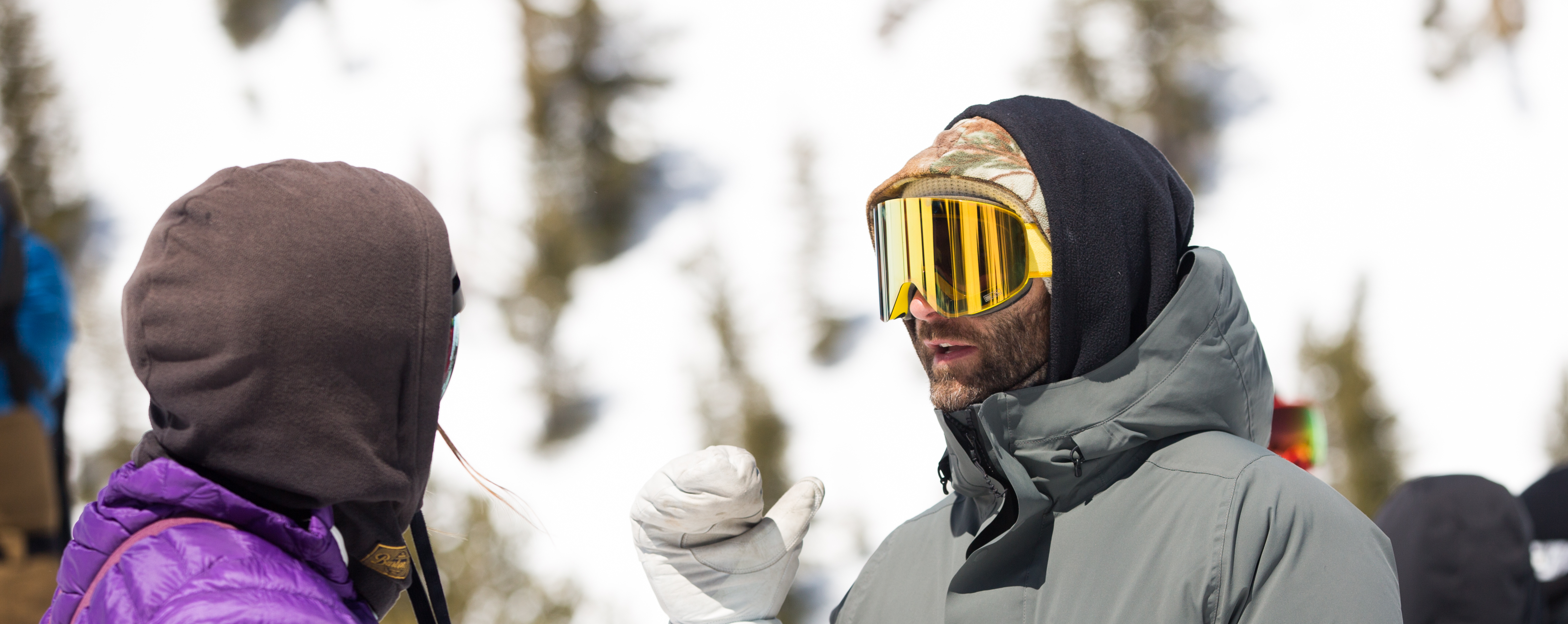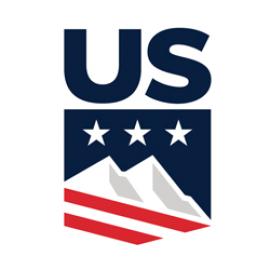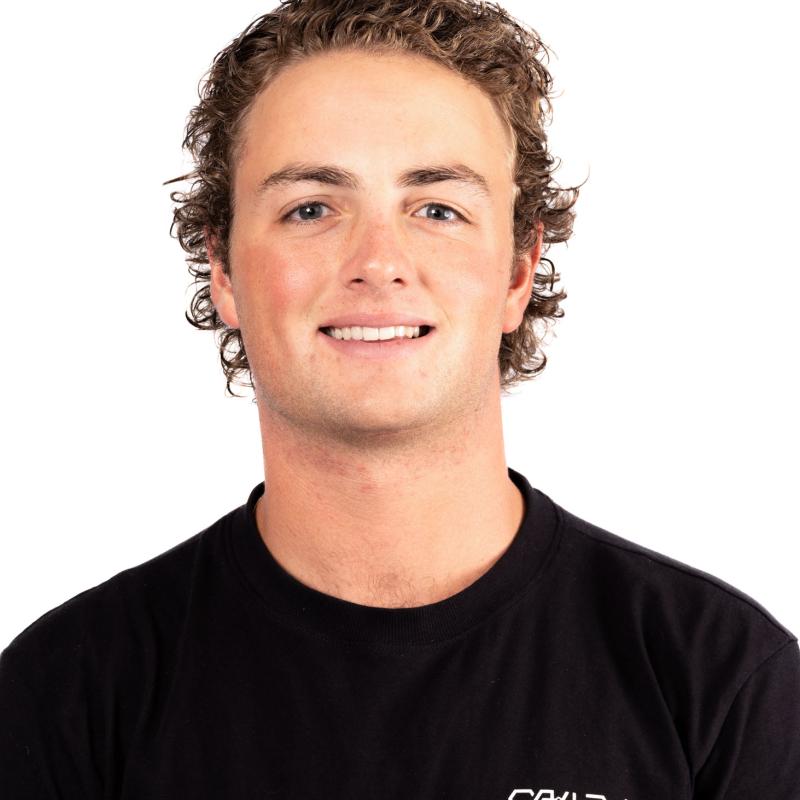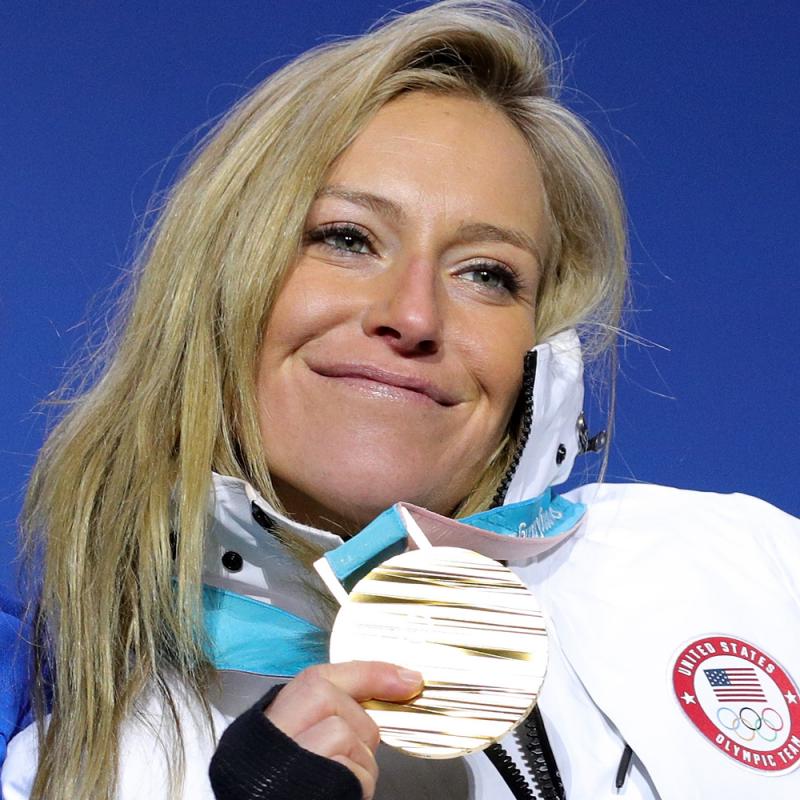Coaching Strategy Unveiled: Mammoth Spring Camp

While many of us are swapping skis and snowboards for bikes and beaches, the athletes of the U.S. Snowboard and Freeski Teams are firing on all cylinders at Mammoth Mountain Ski Area in California’s Eastern Sierra. As an official training site of U.S. Ski & Snowboard, Mammoth Mountain has opened their doors to 57 U.S. Team athletes and 20 staff, including coaches, trainers, and videographers for Mammoth Spring Training Camp.
Members of the U.S. Freeski and Snowboard Pro and Rookie Teams are swarming to the acclaimed Unbound Terrain Park for three weeks of full-tilt training. With world-class terrain, amazing conditions following an 700+ inch snowfall season and consistent May snow to replenish, U.S. Ski & Snowboard athletes and coaches have quite the formula for success.
However, it’s not all that simple. Coaches and athletes must work together in order to take full advantage of these critical weeks on snow. Athletes lapping the park and pipe is not the only thing going down over the course of camp. There are strategic plans in place that are unique to each athlete and coach and are being executed as we speak. The pathway to the top is riddled with challenges and having a well thought out process to get an athlete to reach their potential is imperative. We recently caught up with U.S. Snowboard and Freeski Head Coach Mike Jankowski in hopes he could lift the veil on his approach to coaching at Mammoth Spring Camp without giving away too many secrets to success. Jankowski has coached for 15 years with U.S. Ski & Snowboard in multiple capacities and his tacit knowledge is second to none.
One very interesting point that came from conversations with Jankowski was the idea of timing. Much like a business, sustainable growth is key, even with athletes of this caliber. If an athlete tries to progress too fast, or without a plan, results could reach diminishing returns. As Mammoth Spring Camp is the first camp of the 2019-20 season following U.S. Freeski and Snowboard team nominations, there are different goals than you might see at camps closer the heart of competition season.
“Everything is about periodization and making sure you are doing the right thing at the right time,” said Jankowski. “This Mammoth Spring Camp has a particular set of goals that would be much different than you would see at a camp in October. In Mammoth, we want to first wrap up the previous year of competition. We want to ensure everything that’s happened has been addressed and that we have learned from all our past experiences. We do answer the questions, what have we done well and what could we do better? To address this, we encourage a lot of coach to athlete meetings to make sure everyone is feeling good. Also, this first camp sets the foundation moving forward. What are the rules of the road with each individual athlete? It’s not a one size fits all, it’s a lot of relationship building, goal setting, and discovering how we are going to get there. It’s not just about the goal, but about the path.”
2018 Junior World Champion and Dew Tour bronze medalist Toby Miller (Mammoth Lakes, Calif.) shared his insight on his personal experiences thus far at camp.
“Working with Rick Shimpeno, Ricky Bower, and JJ Thomas is incredible,” said Miller. “Before every camp, we sit down and discuss my short and long term off-season goals which will lead me into the competitive season. After discussing those goals we form a plan of attack on how we are going to turn those goals into reality. I would say the biggest and most important thing we all have is mutual trust. If they tell me it’s time to try a trick, I know I can trust their judgment. If I say I’m gonna try a new trick, they trust that I am ready. We understand each other well and it makes our relationship very productive. We all have such an amazing relationship which I believe is very important when it comes to coaches and athletes. I feel very fortunate to be able to travel around the world with such an amazing and talented group of coaches!”
Miller touched on the importance of setting both short and long term goals. According to Jankowski, understanding how goals can differ between athletes is critical for success. Therefore, how each coach tracks progress must be catered to the individual.
“Not everyone is going to be able to get new tricks on snow right away,” said Jankowski. “If some athletes don’t learn any new tricks at camp, it doesn’t mean they were unsuccessful. If they are developing trust with their coaches, fundamentals or foundation skills in order to bring new tricks to snow eventually, that’s success! Also, developing trust in their teammates and getting the culture dialed in is also a success at camp. These elements are huge to their long term development. It’s important to have a balanced view of the short and long term when evaluating an athlete's progress.”
If setting personal plans and timelines for each athlete of the U.S. Freeski and Snowboard Team wasn’t a big enough challenge, there are also other variables at play.. Coaches and athletes face a huge gap in experience and age within the U.S. Freeski and Snowboard Teams. As an illustration, 27-year-old U.S. Freeski Pro Team member and Olympic Gold medalist Joss Christensen (Park City, Utah) will be skiing alongside 16-year-old U.S. Freeski Rookie Team member Hunter Henderson (Madbury, N.H.). 29-year-old U.S Snowboard Pro Team member and double Olympic gold medalist Jamie Anderson (S. Lake Tahoe, Calif.) will be sharing lift rides with 17-year old U.S. Freeski Rookie Team member Addie Gardner (Riegelsville, Penn.).
“There are multiple dynamics to consider," said Jankowski. “There is the pro-to-rookie relationship. Not only do we strive for pros to offer feedback to younger athletes, but by the end of camp, we also hope rookies feel comfortable going to the pros for advice. Taking it one layer deeper, there are even veteran rookie athletes welcoming new rookies onto the team and bringing them under their wing a bit. Then there is the athlete to coach relationship which is key. It’s all of these interactions that make for a productive 360-degree relationship.”
Dialing in culture, building relationships, and setting specific plans for each athlete are all major critical success factors when evaluating a training camp. However, athletes and coaches can not execute these plans without proper resources. That is where Mammoth Mountain comes in and continuously delivers. There are numerous elements to what makes the U.S. Ski & Snowboard and Mammoth partnership critical to athlete success.
“The massive amount of snow is, of course, a huge help,” said Jankowski. “It’s one of the snowiest places in North America and the fact they are building what we want to progress safely and quickly is invaluable to our program. For example, having the airbags on the snow in multiple scenarios is crucial. There’s a landing airbag for the jump and there are two airbags for the landing of the halfpipe. All the on-snow venues are simply incredible. Off snow, Mammoth also provides a ton of value. We have a great set up in the lodges and we are able to all stay together as a team. We eat together, conduct video review, and continue to build culture. This is very important to building momentum that will carry us through the season. It really is the whole Mammoth Package that makes it special. We don’t have to worry about all the nuts and bolts, It’s truly a plug and play.”
Mammoth Spring Training Camp will continue through June 2nd as members of the U.S. Freeski and Snowboard Teams cycle through for their fair share of training. Be sure to follow all the Mammoth Camp highlights at the accounts below.
FOLLOW MAMMOTH SPRING CAMP
Facebook
@MammothMountain
@MammothUnbound
@USSkiandSnowboard
Instagram
@MammothMountain
@MammothUnbound
@USFreeskiTeam
@USSnowboardTeam
Twitter
@MammothMountain
@MammothUnbound
@USSkiTeam
Hashtag
#MammothCamp






